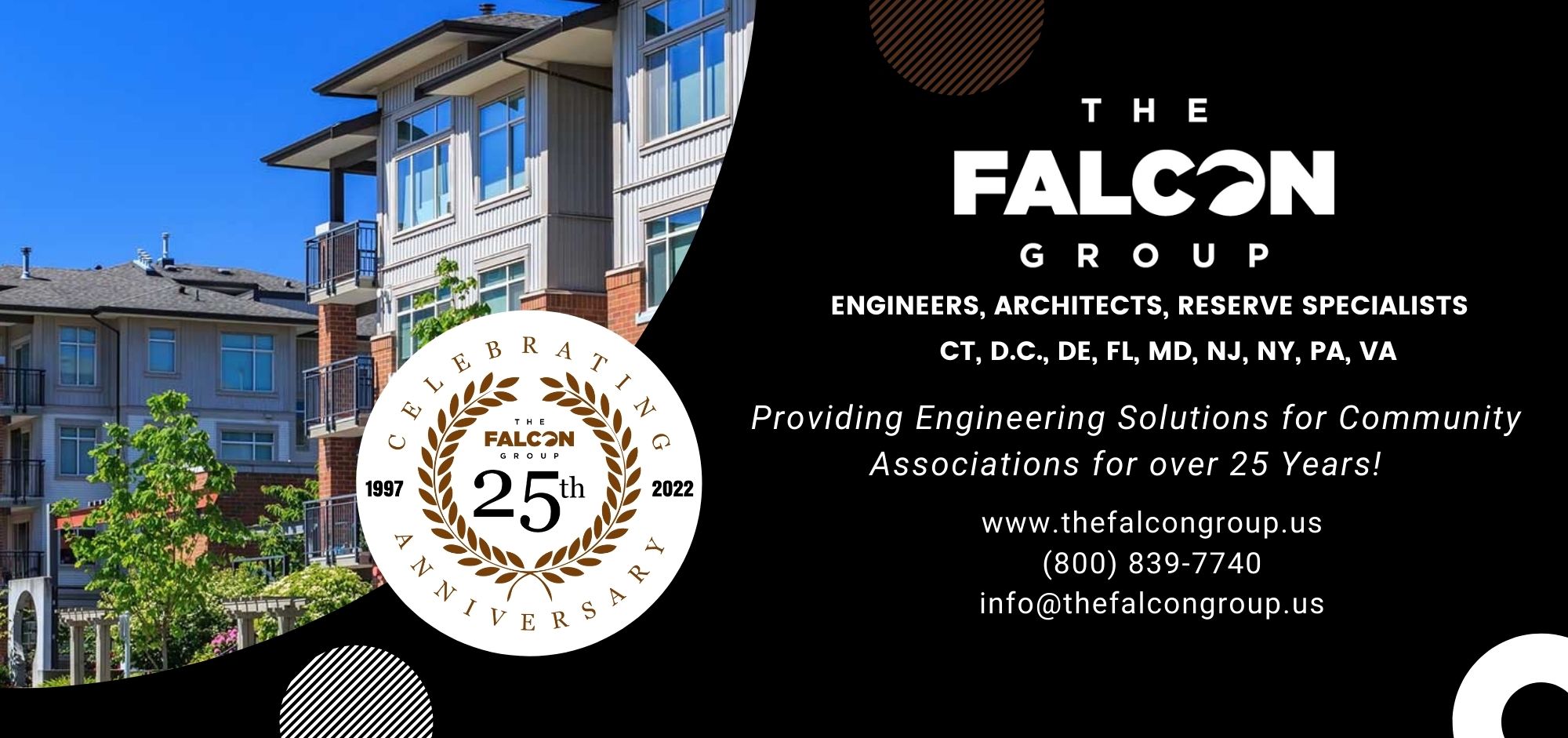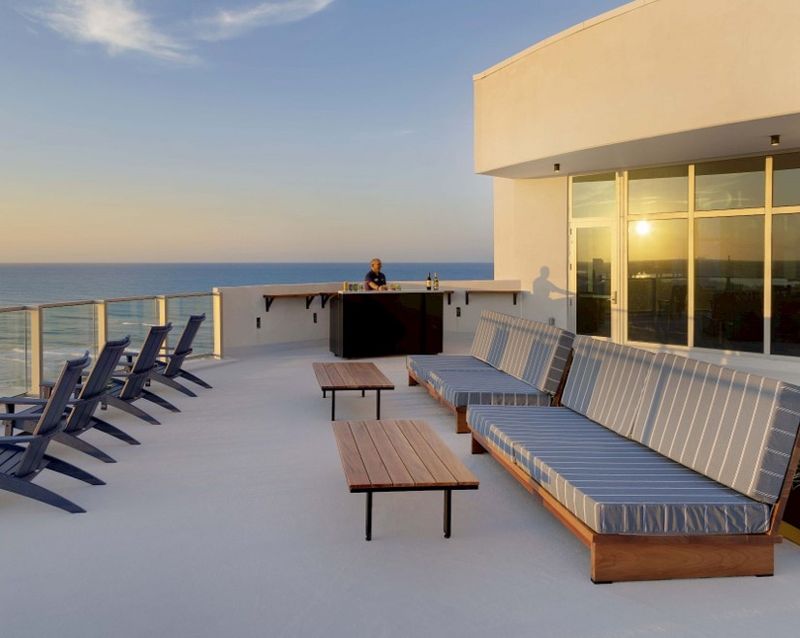This Article provides valuable insights into the role of nutrients in ponds and lakes, explaining how excess nutrients contribute to water quality challenges like algae and weed growth.
We explore practical, eco-friendly solutions for addressing these issues, including nutrient remediation, beneficial bacteria, and hydro-raking, as well as preventative strategies like buffer management and shoreline restoration.
This article is designed to help communities implement sustainable practices that preserve the health and beauty of their waterbodies for years to come.

Stormwater Pond Management: Aren’t Nutrients in the Water Good?
SOLitude Lake Management
Nutrients are a cornerstone of healthy freshwater ecosystems, playing a vital role in fostering fish, micro-organisms, and native plants. However, perhaps due to the word’s positive connotation, property managers are often surprised to learn that abundant nutrients aren’t always good. Just as ingesting too many vitamins can make you sick, an excess of nutrients can cause harmful water quality imbalances. Like many things in life, moderation is key.
Over time, lakes and ponds become increasingly enriched with nutrients like phosphorus and nitrogen that create fertile conditions for excessive vegetation and algae growth. When it eventually dies and decays, it releases nutrients that fuel new growth. Without intervention, the cycle will perpetually continue until the waterbody fills in with decayed material. This process is called eutrophication—or, put simply, aging.
While nutrient enrichment is normal and may occur naturally over hundreds of years, human activities accelerate the aging process and can reduce a pond’s lifespan to just a few decades. Once a pond is filled in, it can only be restored by dredging out all accumulated materials. Dredging is one of the biggest expenses a community will ever face, but by understanding why nutrient enrichment occurs and how to help slow the process, communities can prolong the need for costly dredging for as long as possible.
During storms, rainwater picks up nutrient-rich materials and substances as it flows over sidewalks, roadways, agricultural land, construction sites, and other developed areas. The water is diverted to stormwater ponds that are specially designed to prevent flooding and filter out pollutants before the water is released downstream. Most urban ponds, particularly in homeowners communities, are man-made for this purpose.
Some of these nutrient-rich materials include:
- Lawn and garden fertilizers
- Grass clippings
- Leaves and yard debris
- Eroded sediment
- Pet waste
- Septic system runoff
- Trash
Unsightly weeds, slimy mats of algae, and toxic blue-green algae (cyanobacteria) are common signs that your waterbody is over-enriched with nutrients. If water quality tests reveal that nutrients are above desirable thresholds, communities have several solutions at their disposal to help manage them.
First and foremost, property managers can implement impactful changes such as installing more trash bins and pet waste stations around a community, moving designated dog parks further from the vicinity of their ponds, and instructing landscapers to reduce fertilizer use and properly bag grass clippings and lawn debris. Every individual living or working in the vicinity of a waterbody influences its health and these small changes can have a significant cumulative effect over time.
Incorporating these best practices can help amplify the benefits of more impactful solutions:
Nutrient Remediation
This involves applying eco-friendly products that bind with or “deactivate” excess phosphorus in the water column and in the bottom sediments so it is no longer available for uptake by weeds and algae. Subsequent water quality testing will allow experts to assess if nutrient levels have been restored to an ideal range.
Biological Bacteria
Biological bacteria play a central role in decomposing plant debris and organic materials. Comparable to probiotics for your waterbody, supplementing these beneficial bacteria can help make the decomposition process more efficient and inhibit the accumulation of nutrient-rich muck. These bacteria need dissolved oxygen to thrive, so installing a fountain, surface aerator, or submersed aerator can enhance their activity.
Mechanical Hydro-Raking
In cases of significant muck and debris build-up, experts can use a floating barge equipped with a specialized clamshell bucket to physically remove hundreds to thousands of pounds of nutrient-rich material. This can also help restore several feet of depth back to the pond, limiting flood risks.
These strategies are highly effective at targeting excess phosphorus in the waterbody, but it’s also imperative to prevent additional nutrients from invading the ecosystem. Such efforts start outside of the water and can involve residents, landscapers, and other employees.
Buffer Management
While many communities desire an unobstructed view around their ponds, it’s favorable to maintain a healthy buffer of beneficial vegetation around the perimeter. These plants act as a protective barrier, filtering rainwater and capturing nutrients and debris before they enter the pond. A well-curated buffer should incorporate native plants that densely extend 3-5 feet from the shoreline and receive regular trimming and maintenance.
Shoreline Restoration
Pond erosion is not just an eyesore and safety hazard, it allows sediment to build-up in shallow areas around the shoreline. Tree roots, pipes, and other buried equipment can become exposed as sediment deteriorates. Experts can employ bioengineering techniques that physically reshape and anchor the shoreline in place, preventing future collapse and erosion. Sod or vegetative buffers can be installed directly on top to blend in harmoniously with community landscaping.
Nutrients play a major role in the health and appearance of community water bodies, but they are only part of the equation. Maintaining balanced levels of pH, dissolved oxygen, alkalinity, and salinity is essential for clean, weed- and algae-free water. An ongoing management program tailored to your community’s specific goals and budget is one of the most effective ways to ensure your waterbody remains healthy, beautiful, and functional for years to come.
As part of our commitment to professional development, we offer Continuing Education courses, each worth 1 credit hour. If your company/organization is interested, please feel free to contact me for further details.
Tags:
Lake Management Articles
 Building inspections are crucial for maintaining the safety and integrity of buildings. This is particularly true here in South Florida due to our region’s unique climate and environmental conditions. High humidity, Salt Air, extreme heat, and the hurricane season can all cause damage to building’s structure and envelopes over time. These are some of the reasons why building recertification has become mandated in South Florida every 30 or 40 years, depending on the building’s age.
Building inspections are crucial for maintaining the safety and integrity of buildings. This is particularly true here in South Florida due to our region’s unique climate and environmental conditions. High humidity, Salt Air, extreme heat, and the hurricane season can all cause damage to building’s structure and envelopes over time. These are some of the reasons why building recertification has become mandated in South Florida every 30 or 40 years, depending on the building’s age.

















